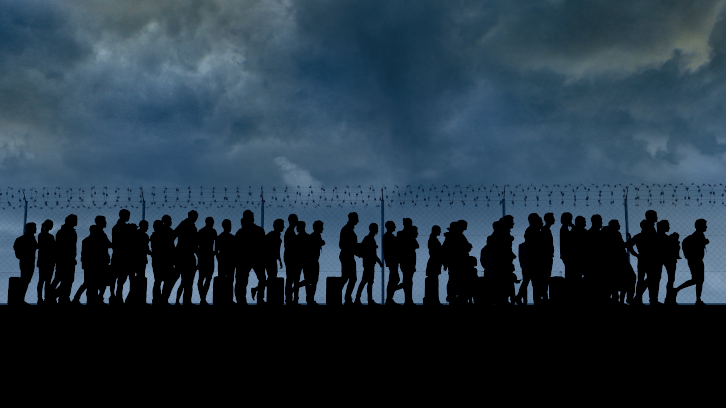Bolstering Autocracy, Hindering Democracy: EU Migration Externalization Policies in Morocco

The EU’s externalization of migration policies in Morocco, which aimed to control migration, has been reinforcing authoritarianism rather than promoting democracy. These policies empower ruling elites while weakening civil society and marginalizing opposition actors. In a recently published paper, a researcher from TransDeM-UAB explores its negative consequences from the perspective of local stakeholders in Morocco.
The European Union’s strategy of outsourcing migration control to countries like Morocco has led to significant political repercussions. Beyond curbing irregular migration, these externalisation policies have also strengthened Morocco’s authoritarian structures rather than fostering democratic reforms.
This study highlights the perspectives of local stakeholders, including government officials, civil society organisations, and activists, on the impact of EU financial aid on the Moroccan regime’s coercive apparatus. Local stakeholders explain how these funds primarily benefit security forces, enabling repression of civil society groups, instead of supporting democratic governance. As a result, those advocating for democratic change find themselves marginalised, while migration policies are implemented with little oversight.
Moreover, the EU’s heavy reliance on Morocco as a migration gatekeeper has significantly weakened its leverage in promoting democratic reforms and human rights. The Moroccan government exploits this dependency to negotiate financial and political concessions while simultaneously suppressing political freedoms and dissent with little accountability. Migrants face systematic abuse and neglect, as migration control takes precedence over human rights concerns.
The EU, once considered as a key promoter of democratic values, has seen its influence wane as Morocco capitalises on its role in migration control to gain financial aid and political benefits. This dynamic strengthens the regime’s hold on power, allowing it to suppress dissent and silence opposition. Civil society organisations face increasing marginalisation, underfunding, and repression, while migrants experience systemic neglect, violence, and forced displacement as border security takes priority over human rights. Without changes, the EU will continue to reinforce authoritarianism and exacerbate some of the conditions that drive migration in the first place.
Department of Political Science and Public Law
Universitat Autònoma de Barcelona
References
Faustini Torres, L. (2025). Bolstering Autocracy, Hindering Democracy: Local Stakeholders’ Perspectives on the Effects of EU Migration Policy Externalization in Morocco. International Migration Review, 0(0). https://doi.org/10.1177/01979183251314854
You can check more information about TransDeM in their website.

